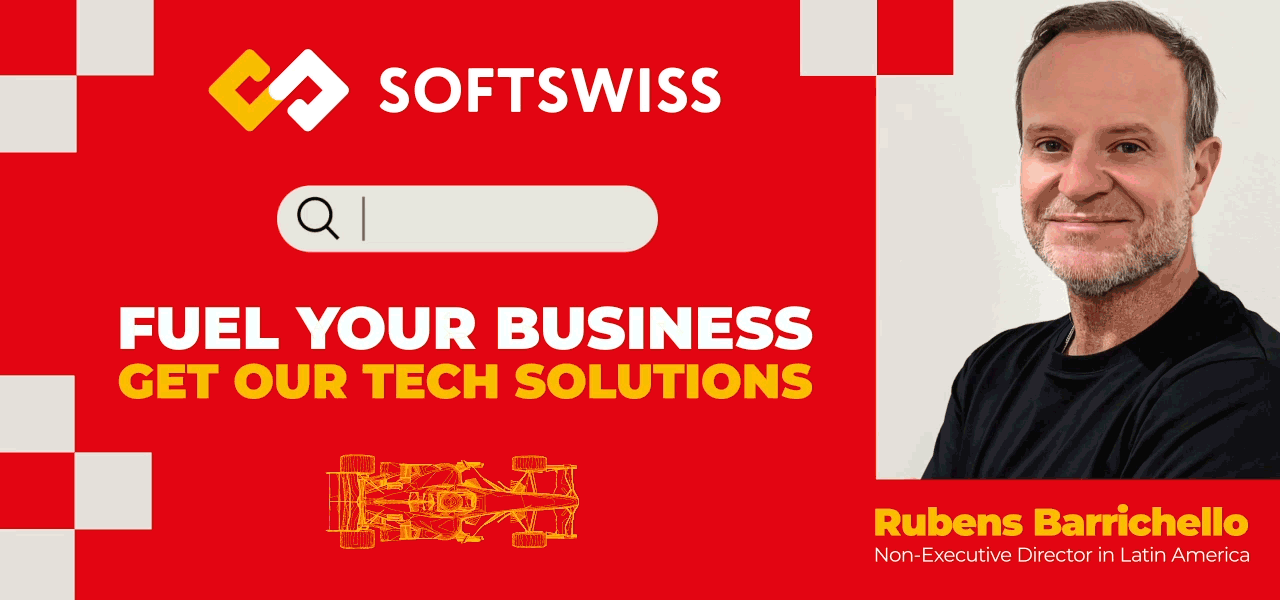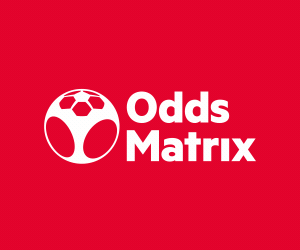Interviews
Retention through skill games w/Araz Heydariyehzadeh – Chief Commercial Officer at Scout Gaming
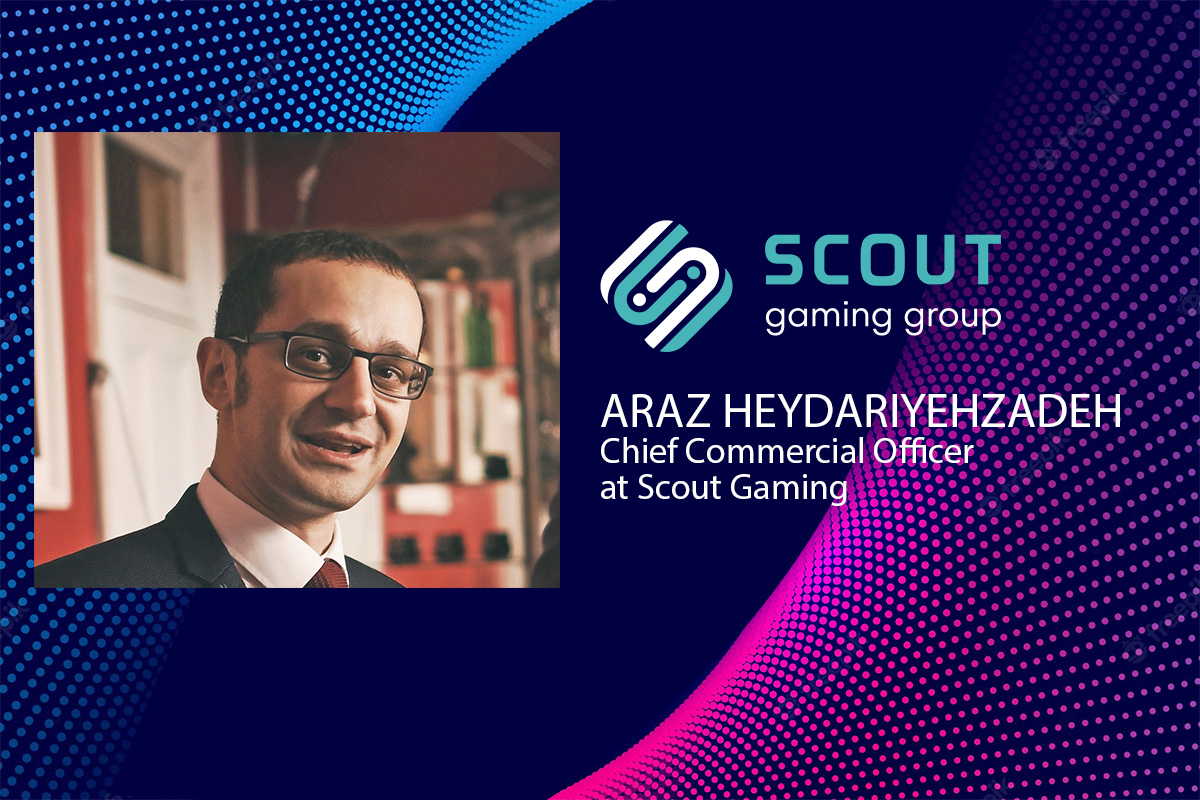
Check out our latest interview focusing on retention with Araz Heydariyehzadeh CCO at Scout Gaming
Do operators need to go beyond loyalty schemes and bonuses when it comes to retention? Why?
Retention in the iGaming industry is incredibly difficult to get right. Based on what we know from intenrally and from market research, it is much harder to keep players engaged with online betting brands than it is with other products in other sectors.
The most common retention tool used by operators is of course bonuses and loyalty schemes, and they do work when deployed effectively, intelligently and as part of a well planned marketing strategy. There are some big players in the iGaming industry, like Skybet, who do this very well.
If it’s not done well these incentives are really only effective for as long as the bonus lasts – once the free spins have been used up, the player is no longer motivated to remain loyal to that specific brand and can jump to offers from another provider. Loyalty schemes do keep players engaged for longer, but with most being tough to progress through, they too can have their limitations. Despite this, operators still throw big money behind bonuses and loyalty schemes in order to stand out from their rivals and keep players coming back.
It is important to consider the bigger picture, and other – potentially more effective – ways of retaining players. This means looking at the player experience being offered and identifying ways of delivering even more value and entertainment. For online sportsbooks, this could be launching skill games such as fantasy sports for the first time to give players a reason to return to their book each day, week, or month throughout the season. Operators can also run marketing campaigns and promotions around these games to take retention to the next level.
How can fantasy/social/skill games be used to drive retention rates?
These games are hard to beat when it comes to retention. The very nature of fantasy sports requires players to return to the operators site regularly. In the case of daily fantasy sports, players return to change theoir teams, set captains or make substititions, this deepends their engagement with the operators brand. Our latest data shows that the average player logs in four times a week to make changes to their team. This in part helps to drive some incredible stats for our partners. According to the indexed numbers of users in the Scout Network, there are clear indicators that fantasy sports and especially season-long games boosts retention.
Here are some highlights…
- Churn after 12 months = 30% still active
- Churn after 24 months = 20% still active
- Churn on season-long fantasy tournament players = 50%+ still active in month nine
- Acquisition = +15% more players on a yearly basis after launching fantasy sports
- Time spent on site = fantasy players spend 20%+ more time than regular sportsbook players
Sportsbooks can expect between 10% and 30% of their player base to engage with fantasy sports products which in turn can significantly move the needle in terms of turnover and GGR.
What makes these games so effective when it comes to retention?
Playing season-long fantasy sports requires the player to log in each match day at the very least and usually over an eight-month period. That is certainly the case when tournaments are hooked up to large prize pots which is something we offer via the Scout Network. Fantasy really is a great retention tool by design, but it can also be used to drive cross-sell as, over time, fantasy players become trusting of and loyal to the operator’s brand. Indeed, we have measured a 45% increase in turnover and a 20+% increase in GGR on our partner’s sportsbook users that engaged with our fantasy products compared with those that did not.
How important is the skill element here? And what challenges does it present for operators?
According to a study by the Massachusetts Institute of Technology, fantasy sports games reward skill rather than luck. This conclusion was reached after analysing thousands of win/loss records of fantasy players over several years. The indexed numbers in the Scout Network confirm this conclusion. Given the skill factor in fantasy sports games, players can train their skill set and apply their advanced knowledge of sports to improve their odds of winning. But similar to other skill games, this presents a challenge for operators.
To sustain a balanced game economy, measures have to be taken to ensure that all participants have a fair chance of winning and that even those who are new to the concept have an enjoyable experience. A game economy where only a small percentage of users have a chance of winning is unhealthy and ultimately drains that all-important liquidity from tournaments. That is why we carefully analyse games and ensure a healthy economy for all. This led us to make several changes to our popular Premier League Season game such as reducing multiple entries from single users, prohibiting certain tools used by high-volume players and softening rules around saving free transfers. This ensures that more casual users can come back to play the season game, thus improving retention rates even more.
How can these games be used in wider marketing activity to keep players coming back from more?
It is important to highlight that skill games are far more social and community-driven than sports betting and casino, and season-long fantasy games in particular add an additional dimension to the sport itself. This generates more fan and player excitement, and often throughout the entire season. Players can also improve their knowledge by embracing the community, chatting in the forums and researching insights and advice.
There is a growing content creator market directly involved with various forms of Fantasy sports which really taps in to the community feel for these types of games.
This is highly desirable from an operator perspective. Giving players a single ticket to a season-long fantasy sports tournament is not only cheaper than offering free bets or loyalty schemes, but the incentive lasts for the entire season. When this is combined with the social element of fantasy and how this helps to drive engagement further, it is clear to see just how powerful fantasy sports is when it comes to retention.
In terms of how to market fantasy sports, we have recorded cases where the addition of a targeted fantasy bonus such as a free entry ticket being added to a CRM email reactivation campaign has generated impressive returns. In one instance, the click-through rate was 25x the average and in another case, 2,000 inactive customers were reactivated within 24 hours of the email campaign being sent out.
Interviews
The complete package
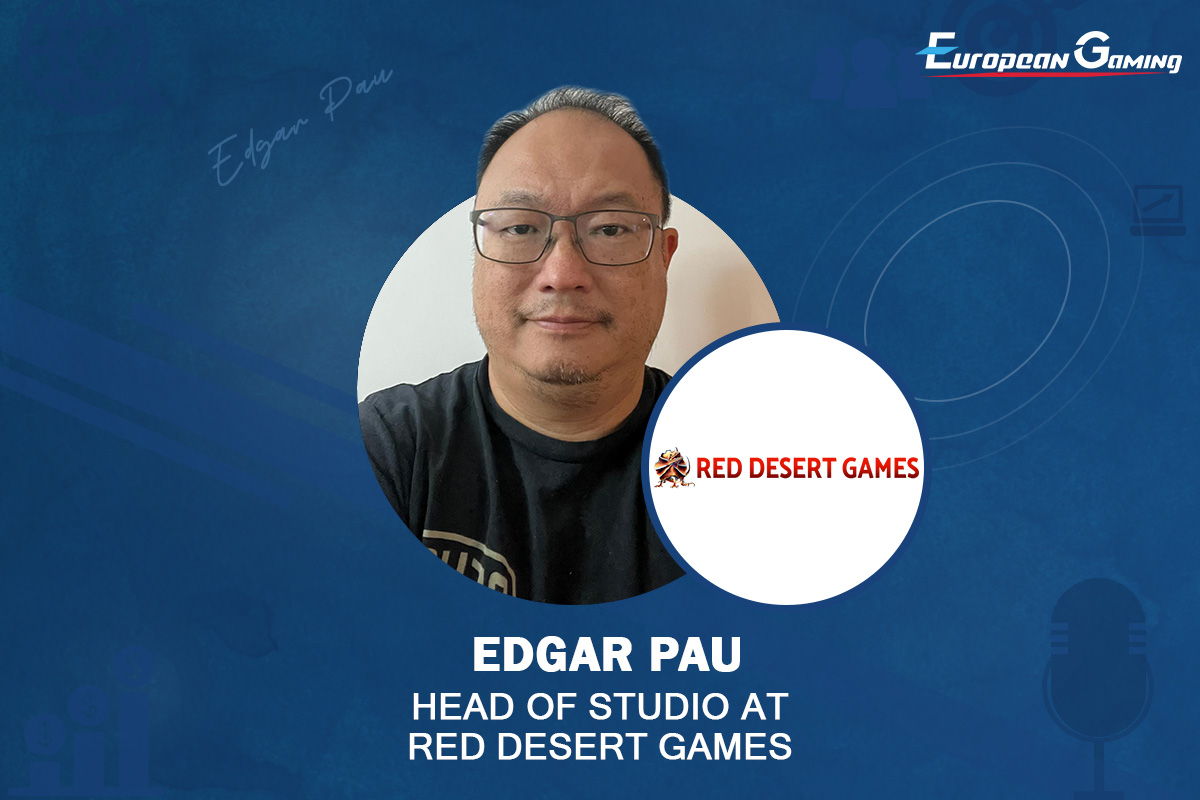
Edgar Pau, Head of Studio at Red Desert Games, says mechanics are important to the success of a slot game but all components must come together in harmony for it to be a chart-topping success.
Are game mechanics the most important thing for studios to get right?
For a game to succeed, studios must get the whole package right and while mechanics are a core part of this, they must also nail the maths, theme, art, sound and UX, and then bring all these factors together in a way that immerses players in the action. No one thing on its own will be enough to make the game a hit with players. When it comes to mechanics, you need to have a clear goal of what it is, how it brings differentiation to the game and what makes it exciting for the player. The mechanic must also fit with the maths – if the math model makes the mechanic appear too frequently (or infrequently) it can dilute the influence and value of the mechanic and lead to different reactions from players.
Do mechanics offer studios the greatest room in which to innovate and stand out from their rivals?
The online slot market is fiercely competitive with more studios getting in on the action every month. Studios must differentiate, and in the absence of having well-recognised land-based games, mechanics offer the easiest route for standing out and connecting with players online. Some studios have turned to things like hybrid themes and licenses to launch branded slots to help them get ahead of their rivals, but for me, mechanics are the best way of doing this as they help the studio create its own identity and hallmark. If you look at both the land-based and online slot markets, it’s mechanics that have been the game-changers in recent times in the form of Lightning Link from Aristocrat and of course Megaways from Big Time Gaming. This is why so many studios are dedicating significant resources to developing proprietary mechanics and then filing to trademark their IP.
Is this a challenging area for studios to get right?
Very much so. There is absolutely no science behind it and it’s often the case that a mechanic you think is great and will hit the mark with players falls short. It’s also hard to come up with a new mechanic and how far to go with it – do you bring something entirely new to the table or look to incrementally improve something tried and tested in the market? Some of the mechanics I have seen are far too ambitious and make light-years leaps forward. While the studio should be commended for being bold and brave, players ultimately like familiarity and are reluctant to spend time and money learning an overly complex mechanic or stick with one that initially seems to be familiar but as they play it, moves too far away from the core experience they like. That’s why studios need to carry out comprehensive market research, understand what players are looking for and keep asking themselves if the mechanic they are developing is something they will actually want to play or not.
How is Red Desert Games approaching mechanics? How do you ensure your games deliver what players are looking for?
Most of the team at Red Desert Games are slot players, and this really helps in building our understanding of what players are looking for from the next generation of slot games they play. We always have open discussions or share videos and pictures of games or mechanics we have played and liked. We are also careful not to take things too far – our approach is to do something that incrementally innovates on what is out there, whether it’s a symbol, reel strip, reel structure, gameplay or some other variable rather than reinventing the wheel. This is why our definition of a mechanic is pretty broad.
In terms of delivering what players are looking for, I think it’s important to first identify what segment of the player base you are trying to target. You can’t be everything to everyone as some of the things different player groups want are mutually exclusive. Once we’ve done this, we run our initial math model through our proprietary simulator where we can adjust parameters and run simulations over tens of millions of spins and sessions which gives us insights into what an individual session looks like from a player’s point of view.
We’re also very self-critical of our games and are always asking ourselves if we were playing this game, what’s good and what’s bad about it. We’ve even had games where we’ve gone 90% down the production path and completely shelved it or reworked it. Of course, those were our learning experiences and we’ve put in processes and stop checks to ensure that this doesn’t happen anymore as it’s a very inefficient way to develop.
Does online provide a studio with more opportunities to push the boundaries than when developing for land-based? You develop for both so how does this impact your approach to mechanics?
100%. There is more flexibility when developing online games versus land-based games, especially in markets outside of North America. As an example, in the Australian land-based market, metamorphic games are not permitted and many of our online games would never be allowed in retail casinos. In the United States, they are less restrictive, but they still have requirements that limit what studios can do. In Michigan, for example, the maximum advertised win must land once every fifty million spins. And those land-based requirements usually carry into the iGaming regulations as well. Now go to Europe, Asia or Latin America and you won’t find these sorts of restrictions. In terms of how this impacts our approach to mechanics, we actually have teams making games for both online and land-based. So being the more flexible market, it doesn’t affect us on the online side. In markets such as the U.S., having a land-based business gives our team an advantage as some of our designers have been making land-based games for almost 30 years and they’re familiar with the regulations and restrictions and how to work around them. As the same restrictions are typically present in both online and land-based, we can easily adjust the online games to satisfy the regulations.
How do mechanics differ from market to market in terms of player preferences? Where are the greatest differences?
It really varies from market to market. Not just the popularity of certain mechanics, but also in the type of games, the themes and the math preferences. If I look at the U.S. market, it’s clear that some of the popular land-based mechanics are also performing well online, such as hold and spin/cash on reels. Megaways has also been popular in the U.S. But then if you go to markets in Latin America, you see things such as crash games being popular or Dragon Tiger from PG Soft in Brazil, which is a simple but well put together game. I’ve also seen markets where a segment of the player base doesn’t even play the base game and goes straight to the buy feature. In Europe, it’s a real melting pot with the greatest variety of mechanics and game types. This is why developing mechanics is not for the faint-hearted, and why those who enjoy international success such as Megaways should be applauded. But given the runaway success of Megaways, it’s no wonder other studios are looking to bring their own unique, trademarked mechanics to the market.
Interviews
Go direct – Fantasma Games strengthens partner collaboration with proprietary platform
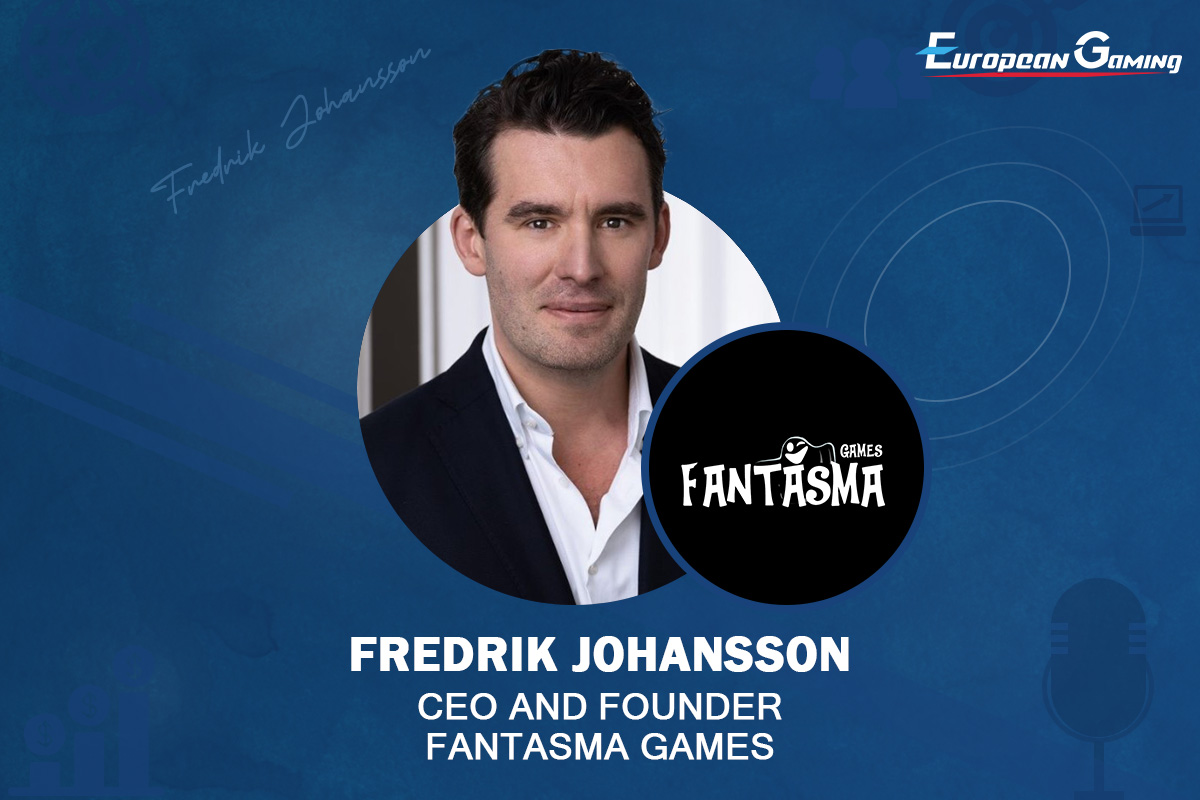
Check out our latest Q&A w/ Fredrik Johansson CEO and Founder, Fantasma Games
Fantasma has recently launched its own FantasmaXpand platform, could you please let us know more about this initiative?
We have seen exceptional interest and demand for Fantasma’s premium and innovative online slot games and we wanted to take our offering to the next level. Launching our own platform, which we call FantasmaXpand, is a strategic initiative driven by our operator partners’ desire to collaborate more closely with us to improve overall business operations and access to our portfolio of games and wider development capabilities. The desire for deeper collaboration from our operator partners clearly indicates that our focus on providing high-performing slots with engaging game mechanics has enabled us to take this next important and natural step to support our partners’ local and global business growth strategies. It is very important for us to maintain the highest level of trust and reliability as we roll out Fantasma Xpand to our network of operator partners and the team we have built at Fantasma is more than capable of doing this.
How will you use FantasmaXpand to deliver more value to your operator partners?
We are all very committed to maintaining the highest level of quality assurance in everything we do, and we follow a clear plan as we expand our operational capabilities to our partners. In short, FantasmaXpand will provide local and global operator partners with a truly reliable, scalable and seamless gateway to access Fantasma’s “beyond gambling” portfolio of premium and innovative content, along with easy-to-use gamification tools. FantasmaXpand will also enable us to drive continued operational excellence while offering our collaborating partners outstanding flexibility and a reduced time-to-market (TTM) for our premium roadmap and the rollout of new innovative features and functions.
How does it enable you to push the boundaries with development?
We pride ourselves on having trustful and meaningful long-term relationships with our partners. FantasmaXpand will allow us to capitalise on these close partnerships and expand our joint collaborative initiatives both locally and globally, in a way that means our partners will be an integral part of how the FantasmaXpand roadmap is prioritised and developed. This means that our teams can focus on enhancing the technology roadmap, tuned and calibrated to our operators’ specific needs, which in turn enhances the overall strategic business partner value we bring and the experience our operators receive when accessing our premium offerings.
Why don’t all studios have their own platform? Does it bring challenges? If so, what?
Fantasma has seen outstanding growth from its operations to date, and as mentioned, our FantasmaXpand initiative is a direct response to our operator partners wanting to expand their overall business relationship with us. Not all studios have the strategy or capability to achieve the organisational readiness required to roll out such initiatives. Instead, many studios choose to focus solely on content development, which may be absolutely fine for them, allowing others to do the heavy lifting. Being ready and planning ahead has been key to maintaining focus and quality in legacy operations, and it is crucial for us not to impact the trust and reliability we have built with our operator partners over the years. As an organisation, you need to be prepared and willing to follow through on strategic initiatives that truly matter for continued sustainable growth in a hyper-competitive environment. One challenge may be daring to take this next step. But with our operator partners behind us, it has been a natural and necessary step for us to take.
Does FantasmaXpand help you enter new markets? If so, what markets have you got your eye on?
FantasmaXpand allows us to be in full control of our business strategy in close collaboration with our operator partners. From a go-to-market perspective, this is crucial, as seamless rollout and release management are necessary to maximise business value for us and our partners. FantasmaXpand is currently certified in many regulatory markets, and we will continue expanding the reach of FantasmaXpand in close collaboration with our partners. In terms of market reach, we currently offer our premium content in all of the major regulated markets in Europe. Our clear organisational objective is to be live with FantasmaXpand in all our regulated markets globally. However, like any expansion, we will implement a phased rollout approach for FantasmaXpand as this is the only way to ensure we don’t drop the ball with our legacy operations and partnerships.
What other developments from Fantasma can you share with us?
We have seen exceptional performance from our 2024 games portfolio, driven by titles such as Gold Pigger, Circle of Sylvan, Pirates Multi Coins and Shadow Summoner Elementals which have surpassed all KPIs. The US market has developed exceptionally well for Fantasma, and we have our eyes on LatAm as an exciting emerging growth market with plenty of opportunities to explore. In addition, our operator partners will benefit from a very exciting roadmap for the rest of the year. This, combined with the rollout of FantasmaXpand, means I am very excited to build continued positive momentum together with our partners. I am very optimistic about the future and our current momentum.
Interviews
Gaming Corps: scoring big with football-themed games
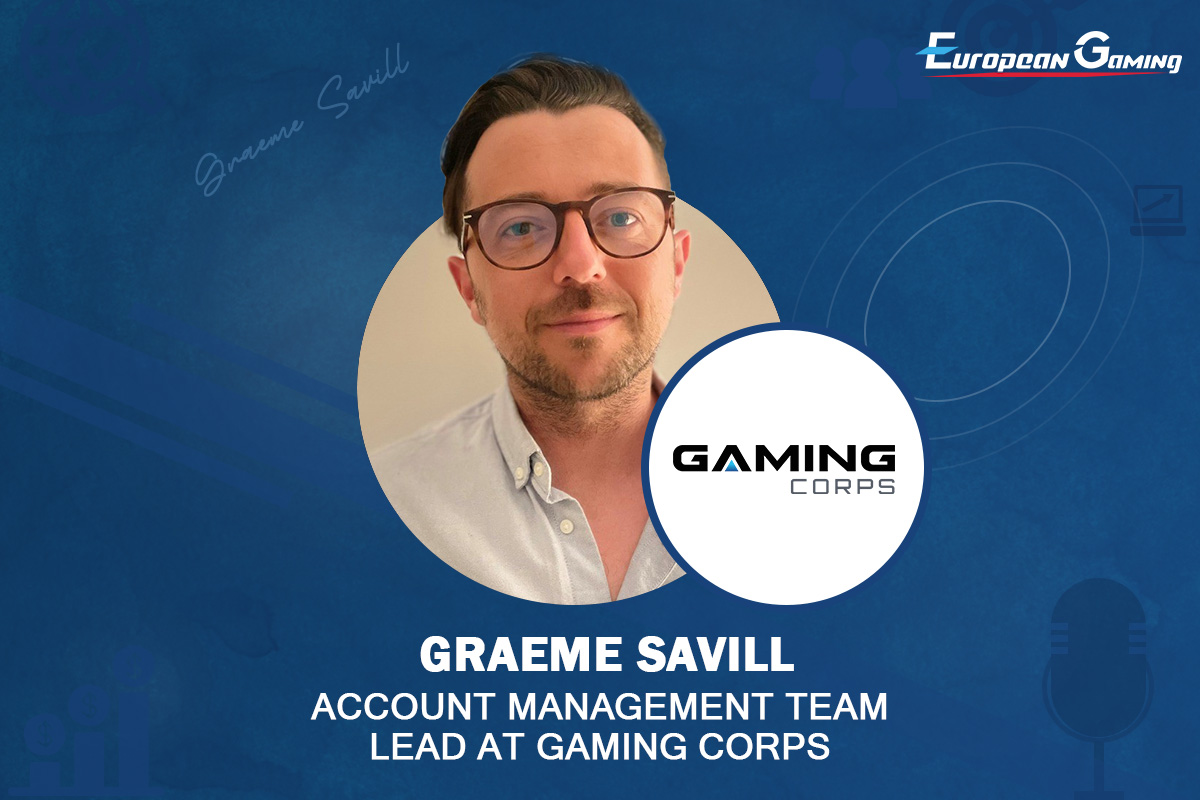
Check out our latest Q&A with Graeme Savill, Account Management Team Lead at Gaming Corps
We’ve just seen EURO 2024 come to a close – was the result of the tournament what you expected it to be? Did any teams surprise you?
It’s been a fantastic event overall and I was lucky enough to attend some of the games in person during the first couple of weeks of the tournament. My team, Scotland, failed to qualify out of the group so my time in Germany was very short-lived but the experience of being there to watch my country with our fans was incredible and I have amazing memories of the trip. In terms of surprises, I’d say Georgia and Turkey both defied the odds of last-16 qualification and had great tournaments while the two finalists, England and Spain, were both worthy of the chance to lift the trophy with Spain ultimately coming out on top.
There doesn’t tend to be much cross-over between sports bettors and slots players. In your view, what opportunities do major tournaments such as EURO 2024 present to gaming providers when it comes to engaging with new audiences? And how did Gaming Corps achieve this?
It’s true that the two segments do vary considerably in their betting preferences and patterns, but these bi-annual football events (the World Cup being the other) create huge opportunities for the industry as a whole. Creating collaborative content and working with tier-one global sportsbook operators has proven a very successful strategy for Gaming Corps while for our partners it allows them to enhance their casino offering and engage more deeply with their player base. We have several football-themed games within our Arcade portfolio including Penalty Champion, Plinkgoal, Football Freestyler and Samba Soccer that operators can access to help do this.
During June and July, we’ve seen record player numbers introduced to these products through cross-sell efforts so it’s been very advantageous to have these included in our offering. In preparation for the event, our product worked around the clock to roll-out dozens of bespoke branded versions of these games which have been front-facing on casino pages with many of our operators. The feedback we’ve received is that during EURO 2024, many casual sportsbook players have enjoyed being introduced to a different style of casino games like our Crash, Mines and Plinko verticals as they deliver a more compelling experience than traditional style casino games such as slots and roulette.
What’s the secret to creating slot titles that appeal to both demographics of players? Should more game developers be turning their attention towards creating slot titles centred around major sports tournaments?
Creating slot titles that appeal to both traditional slot players and sports fans requires a thoughtful blend of themes, features and mechanics that resonate with both audiences. I believe the key to success is around thematic relevance, so creating games for and targeting them to players around key events in the sporting calendar. This allows operators to build hype on the game and players love timely and seasonal titles as a way of being gently guided away from the classic products on the market and towards non-traditional content. Throughout June, a large majority of operators have offered a dedicated category with sports-themed casino games for players to discover which has benefited us immensely as they have stocked more titles from our diverse portfolio. Engaging gameplay features are critical like within our Penalty Champion game where we’ve included the sports-related shootout which adds an extra layer of excitement and engagement. Likewise, balancing game mechanics is important; games must be simple enough for traditional casino players to understand but include exciting elements that appeal to sports fans, such as dynamic animations and fast-paced action. These keep players entertained and eager to sample more products themed around their favourite sports.
With player acquisition costs at an all-time high, how can slots developers retain players onboarded during tournaments such as the EUROS and perhaps introduce them to other iGaming verticals?
There are so many variables here but yes, due to acquisition costs, players must be retained to maximise player lifetime value and loyalty. One example would be the use of in-game advertisements to promote other verticals. This could mean offering free spins in slots for trying out a new sportsbook feature. This is something that we want to work on together with our operator partners for the remainder of 2024 to maximise the opportunity. Likewise, the bundling of promotions can be highly effective in encouraging players to try different types of games. My belief though is that player engagement and communication is the most important factor whereby the strategy actively engages with players on social media platforms to create a community and keep them informed about new products and promotions. This is very true in countries such as Brazil where influencer marketing has been extremely strong in the overall marketing mix.
We have the Olympics coming up in a few weeks’ time, and then the restart of domestic football calendars. Can we expect to see any more sports-themed titles coming from Gaming Corps?
Yes, I do believe that sports-themed casino games will continue to evolve and will be used by operators to attract and retain players. We’re always looking to innovate and bring something new to market and we’ve discussed our latest vertical Smash4Cash and how we can introduce a sports element to it. This approach has already brought us big success in the Mines, Plinko and Crash verticals. We have also been working on games outside of football. Due to operator demand, we did create an ice hockey-themed game which we launched with a localised approach for countries in the Nordics and to enhance strategic partnerships with branded versions of the game for certain operators. This is a fun and engaging product and I’d say watch this space for future sports-themed games that take a similar format. We aspire to become an industry leader in creating fun, innovative and engaging sports-themed content and from the success we have achieved with the first few games we have developed, we too will be lifting the trophy in next to no time.
-

 Eastern Europe5 days ago
Eastern Europe5 days ago7777 gaming is now available on WINBET Romania
-

 Gambling in the USA5 days ago
Gambling in the USA5 days agoGaming Americas Weekly Roundup – July 15-21
-

 Gaming5 days ago
Gaming5 days agoMainStreaming Announces Appointment of Nicola Micali as Chief Customer Officer
-

 Industry News5 days ago
Industry News5 days agoSafer Gambling Tools Use Hits Record High in 2023 – New Report from EGBA
-

 eSports5 days ago
eSports5 days agoINSPIRED LAUNCHES RE-PLAY ESPORTS™ FEATURING CS:GO IN PARTNERSHIP WITH KAIZEN GAMING
-

 Australia5 days ago
Australia5 days agoAustralian eSports Star Joins Team Liquid
-

 eSports5 days ago
eSports5 days agoNODWIN(R) Gaming ropes in Android as title partner for BGMS Season 3; to be powered by Garnier Men
-

 Latest News5 days ago
Latest News5 days agoSpinomenal shines again with Super Wild Fruits release

